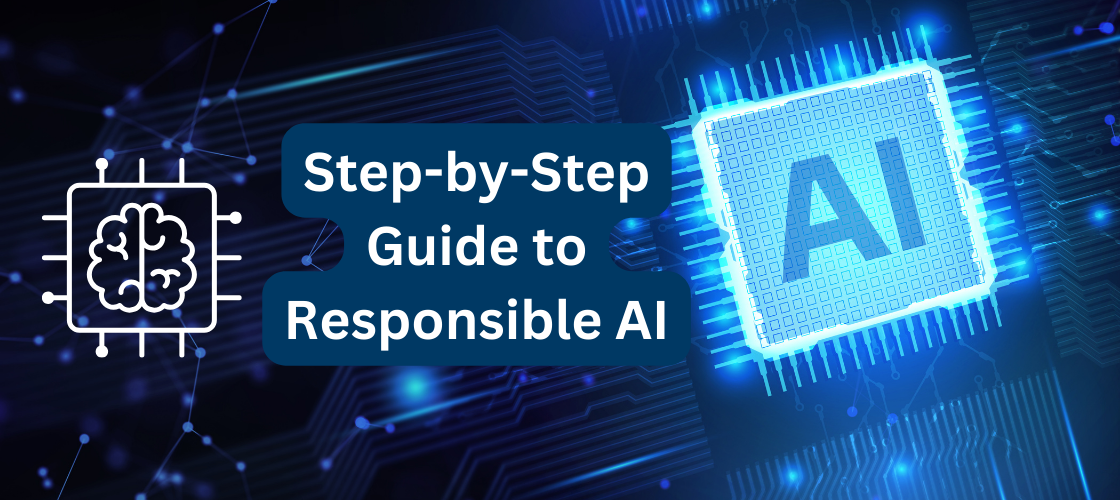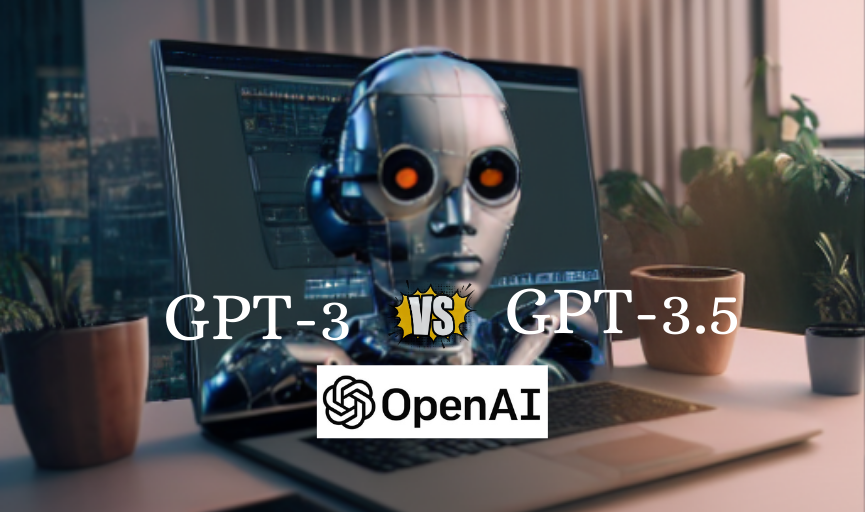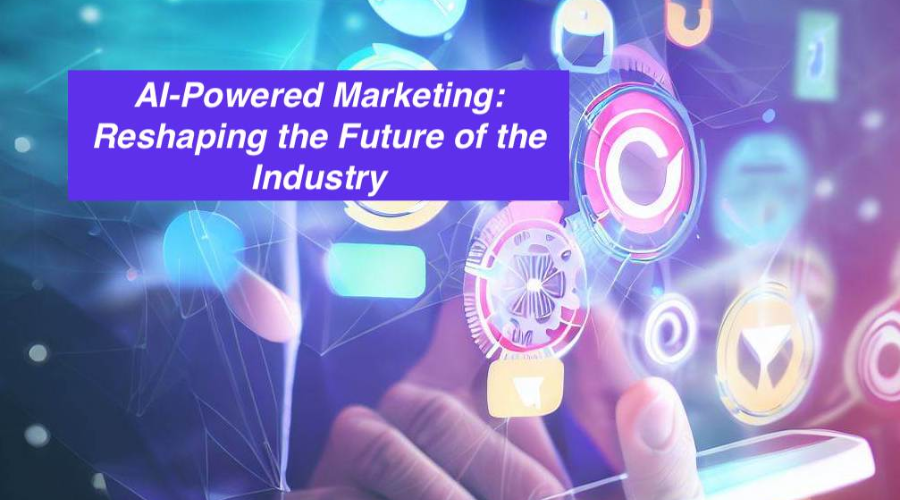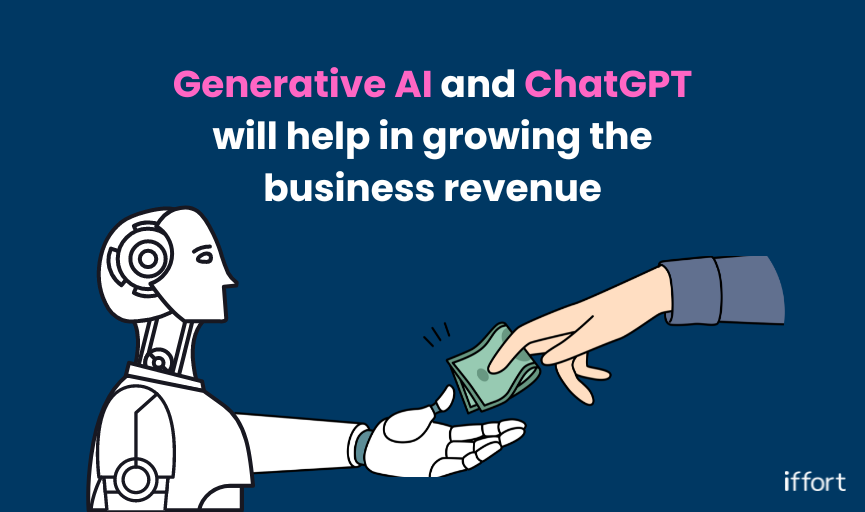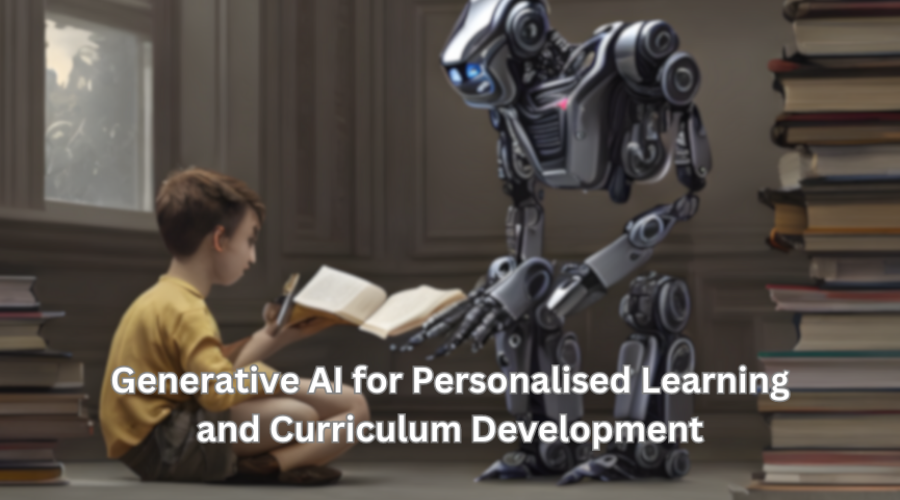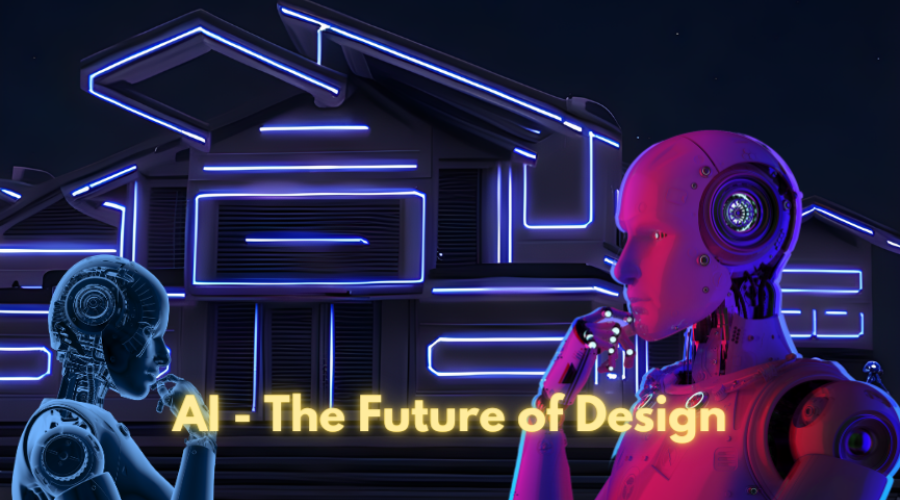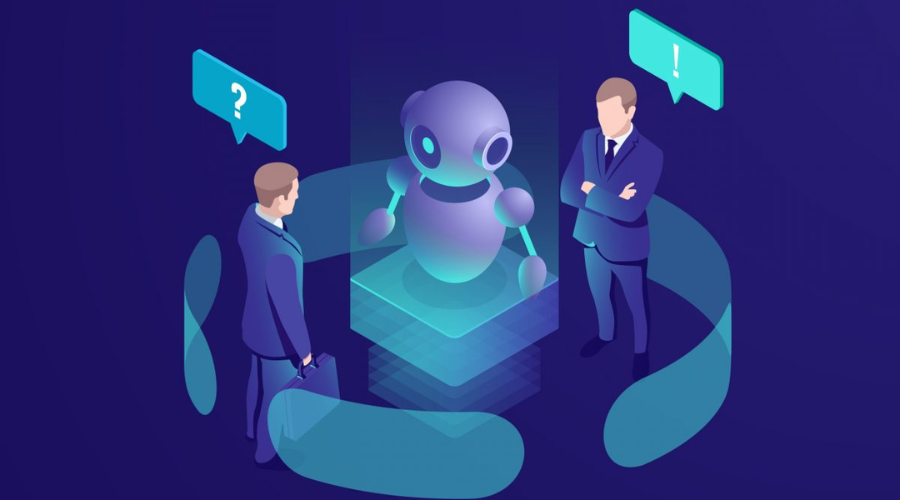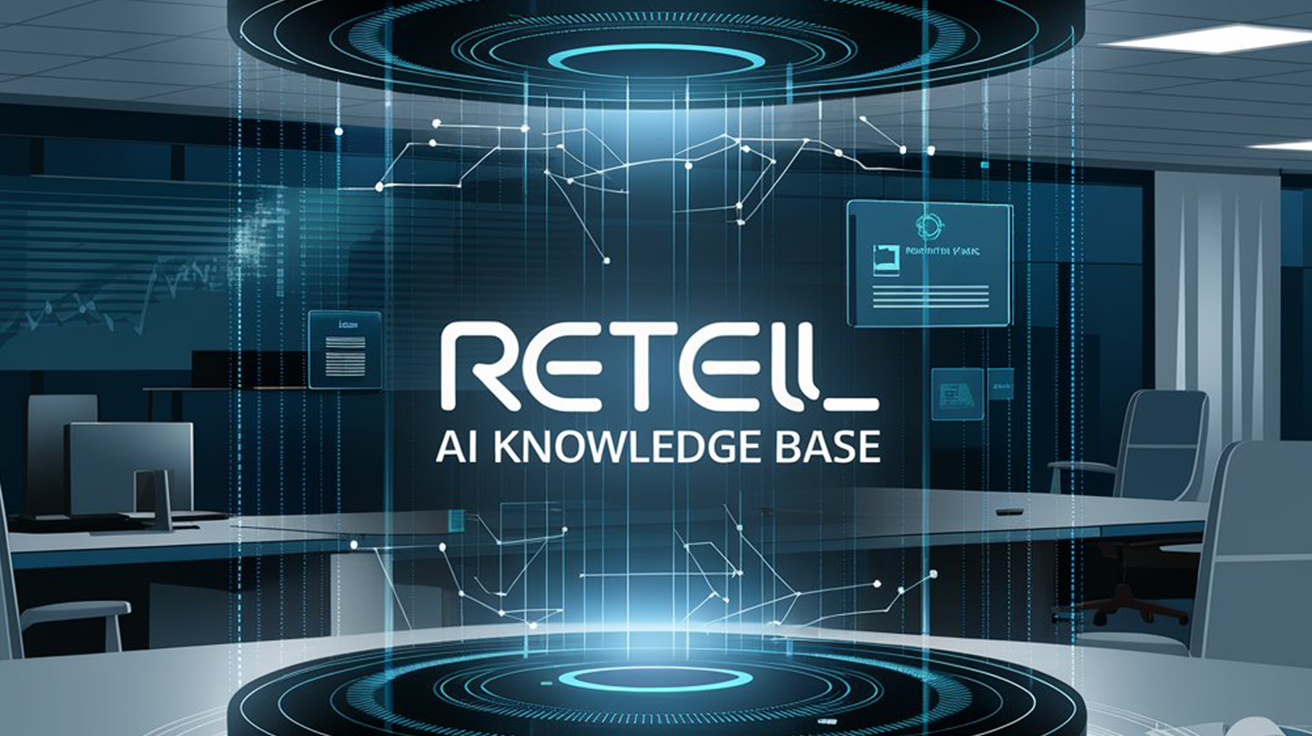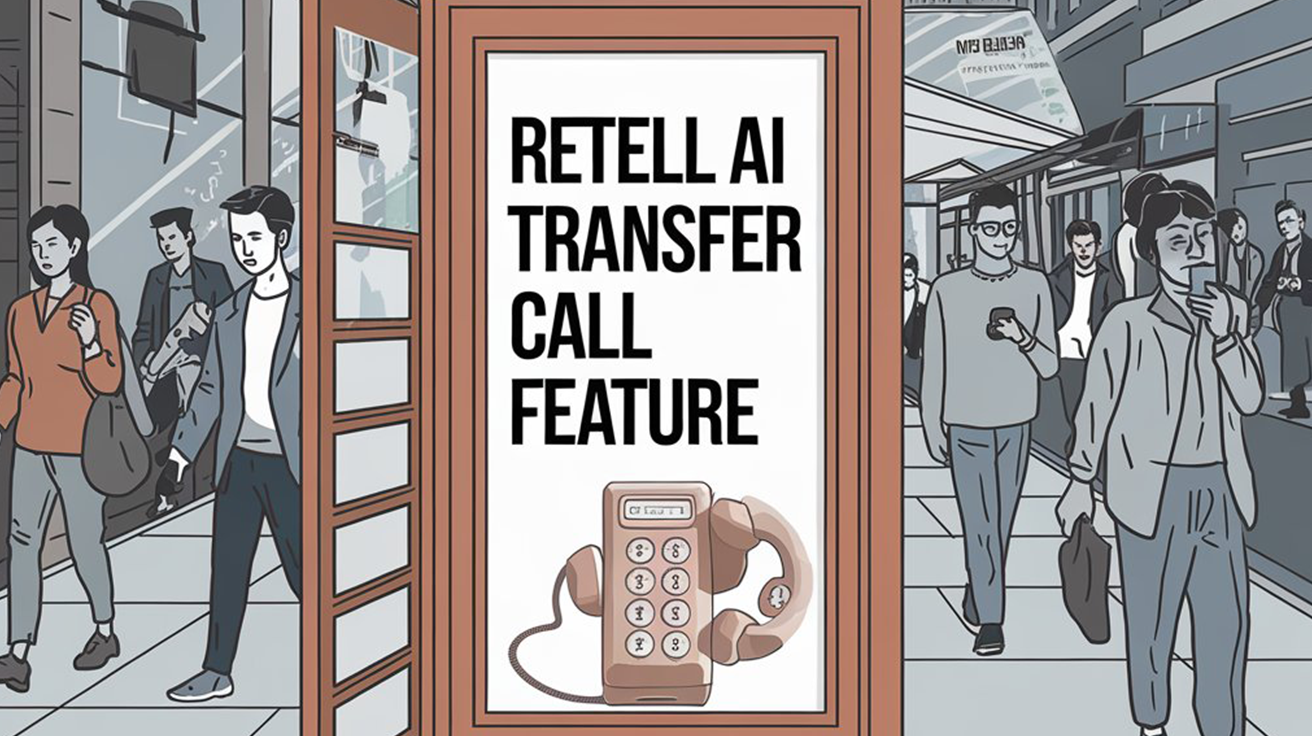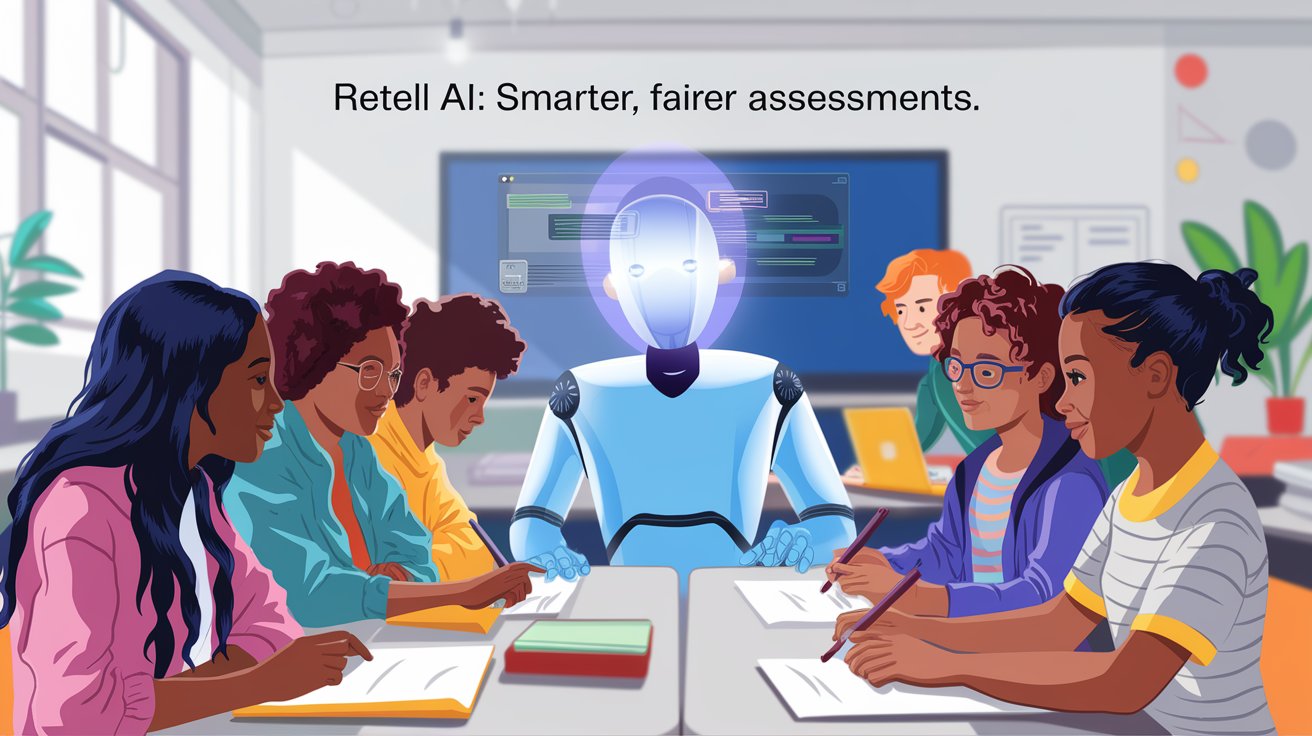- Blog
- Disruption in How AI Voice Agents Will Transform Customer Experience
- AI Articles ,
- May 11, 2024
In the dynamic landscape of customer experience, AI voice agents are poised to revolutionize interactions between businesses and their customers. These intelligent systems, powered by generative AI, promise to enhance efficiency, personalization, and overall satisfaction.
- Seamless Customer Support: AI voice agents provide round-the-clock support, reducing wait times and ensuring consistent service. McKinsey estimates that implementing AI at scale could increase customer service productivity by 30% to 50%.
- Personalization at Scale: These agents analyze customer data to deliver personalized recommendations and solutions. Gartner predicts that by 2025, 80% of customer interactions will involve AI.
- Enhanced Sales Conversion: AI voice agents assist in product recommendations, upselling, and cross-selling. Companies report up to 10% higher conversion rates due to conversational AI.
- Efficient Query Resolution: AI voice agents quickly retrieve information from databases, FAQs, and knowledge bases. McKinsey emphasizes the economic potential of generative AI in transforming productivity.
- Human-Like Interactions: These agents mimic human tone, empathy, and responsiveness, making conversations natural and engaging.
While the promise of AI voice agents is immense, challenges remain, including accuracy, bias, privacy, and human oversight. Responsible implementation and collaboration across functions are essential for maximizing their impact.
For C-suite decision-makers, embracing AI voice agents strategically involves prioritizing high-value use cases, staying informed through trusted reports, investing in training and monitoring, and striking the right balance between automation and human touch. The future of customer service lies in seamlessly blending human expertise with AI-powered assistance.
Market Growth and Adoption:
- The global conversational AI market, which includes chatbots and intelligent virtual assistants, is expected to grow at a compound annual growth rate (CAGR) of 22% during 2020–2025, reaching almost US$14 billion by 2025.
- Chatbots currently represent the top use of AI in enterprises, and their adoption rates are expected to almost double over the next two to five years.
Revolutionizing Voice Assistants: From Frustration to Seamless Interaction
In the not-so-distant past, conversing with an AI voice agent was often a frustrating experience. The stilted, robotic responses left users feeling like they were interacting with a soulless machine. But times have changed, and the evolution of AI-powered voice assistants has been nothing short of remarkable. Let’s delve into the past and present scenarios, exploring how these agents have transformed from mere tools to indispensable companions.
The Past: Frustration and Limitations
1. Mechanical Interactions
In the early days, AI voice agents lacked the finesse required for natural communication. Users encountered rigid scripts, repetitive prompts, and a lack of contextual understanding. Imagine calling a customer service line only to be met with a monotonous voice instructing you to “press 1 for billing” or “press 2 for technical support.” It was a far cry from the personalized assistance we craved.
2. Limited Adaptability
The first-generation voice agents struggled with accents, dialects, and variations in language. Their rigid programming made it challenging to handle diverse user inputs. If you deviated from the expected script, frustration ensued. Users yearned for a system that could adapt seamlessly to their unique needs.
3. Lack of Empathy
Empathy, a quintessential human trait, was conspicuously absent. Whether you were reporting a lost credit card or seeking travel information, the voice on the other end remained indifferent. The absence of emotional cues left users feeling unheard and disconnected.
Also Read: Secret to boost your E-commerce ads through Generative AI
The Present: AI-Powered Transformation
1. Natural Language Processing (NLP)
Fast-forward to today, where AI-powered speech recognition technology has revolutionized the way we interact with voice assistants. Companies like Iffort have harnessed the power of NLP algorithms to understand and interpret user commands accurately. These agents go beyond basic speech-to-text conversion; they comprehend context, meaning, and intent. When you ask about flight delays, they don’t just provide generic information—they consider your specific itinerary.
2. Continuous Learning and Contextual Understanding
Modern voice agents are designed for continuous learning. As users interact, the system refines its capabilities based on real-world usage. It adapts to individual preferences, remembers past interactions, and tailors responses accordingly. Contextual understanding allows it to provide personalized and accurate information, making conversations feel more human.
3. Realistic Voices
Gone are the days of robotic monotones. Today’s voice agents boast realistic, expressive voices. Microsoft, for instance, offers conversational-style voices like Ava, Andrew, and Emma. These voices sound natural, complete with interjections like laughter and pauses. Whether you’re booking a hotel room or troubleshooting a technical issue, the interaction feels lifelike.
4. Multilingual Support
AI-powered voice recognition systems now support multiple languages. Users can seamlessly switch between English, German, French, and more. The language barrier is no longer an obstacle, catering to a global audience.
5. Reinforcement Learning (RL)
Some voice agents incorporate principles from reinforcement learning. They learn from direct feedback and adapt to user requests and context. RL algorithms enhance their ability to understand and respond fluidly, bridging the gap between machine and human communication.
Overcoming Challenges: Enhancing Customer Experiences
Improving customer experiences faces hurdles like latency, costs, and rising expectations. Delays between user input and system response, known as latency, can frustrate customers. Managing the costs of advanced technologies like AI voice agents is a challenge for many businesses.
Here’s how we have overcome these challenges:
Tackling Latency in AI Voice Agents
Latency, a critical challenge in the realm of AI voice agents, refers to the delay between a user’s input and the system’s response. This delay can disrupt the flow of conversation, leading to frustration and dissatisfaction among users. Several factors contribute to latency in AI voice agents, including network connectivity, server processing time, and algorithmic complexity.
Iffort’s Solution: Iffort has significantly reduced latency in AI voice agents through a comprehensive approach. By investing in optimized infrastructure featuring high-speed servers and cloud-based platforms, Iffort minimizes processing time and network latency. Advanced predictive analytics enable the anticipation of user intents, allowing for pre-fetching of relevant data and reducing the need for real-time processing. Continuous optimization based on user feedback and system metrics ensures ongoing improvements in responsiveness. Leveraging edge computing technologies, Iffort offloads processing tasks to edge devices, enhancing response times even in low-connectivity scenarios. These efforts collectively ensure that interactions with Iffort’s AI voice agents are seamless and natural, delivering exceptional user experiences.
The Cost-Effective Solution
While speed and quality are an integral part of the equation, for businesses, any customer service solution also needs to be cost-effective. And here, AI agents really shine.
While traditional call centers require a large staff to handle peak volumes, AI agents can scale effortlessly. They can handle thousands of concurrent interactions without any decrease in speed or quality. This scalability translates to significant cost savings, particularly for businesses with seasonal or unpredictable demand.
Additionally, AI agents reduce the need for costly human training programs. Instead of teaching a new hire the nuances of your product or service, you simply update the agent’s database. This streamlined training process saves time and money, allowing businesses to focus their resources elsewhere.
Transforming the Customer Experience
The benefits of AI agents extend beyond operational efficiency. They have the potential to completely transform the customer experience.
By providing instant, relevant responses 24/7, AI agents eliminate the frustrating wait times and inconsistent quality often associated with traditional customer service. They offer a seamless, personalized interaction that leaves customers feeling valued and satisfied.
The Impact on Customer Experience
Voice assistants are reshaping customer interactions across various industries:
- Efficient Customer Support:
- Voice assistants provide round-the-clock support, reducing wait times and ensuring consistent service.
- McKinsey estimates that implementing AI at scale could increase customer service productivity by 30% to 50%.
- Enhanced Sales Conversion:
- AI-powered voice assistants assist in product recommendations, upselling, and cross-selling.
- Companies report up to 10% higher conversion rates due to conversational AI.
- Seamless Hands-Free Facilitation:
- Voice assistants allow customers to accomplish tasks without physical interactions.
- Whether it’s checking schedules, clearing calendars, or booking a cab, voice assistants simplify complex requests.
Additional Read: AI-Powered Marketing: Reshaping the Future of the Industry
The Future of Customer Service
As AI technology continues to advance, so will the capabilities of AI agents. They’ll become even more fluent, empathetic, and adept at understanding nuanced customer needs. This evolution will not only improve the customer experience but also create new opportunities for businesses. By automating routine service tasks, AI agents will allow companies to focus their human resources on strategic, value-added initiatives.
While the rise of AI agents may seem daunting to some, it’s a change that businesses need to embrace. The benefits – in terms of speed, quality, cost-effectiveness, and customer satisfaction – are simply too great to ignore. The key is to view AI as a tool, not an adversary. By integrating AI agents into their service models, businesses can elevate their customer experience to new heights. The result will be happier customers, more engaged employees, and a competitive edge in the ever-evolving marketplace.
Building an Advanced AI Voice Assistant with Iffort’s Expertise
Iffort stands as one of the leading providers of top-tier services in AI voice agents, offering tailored solutions to empower businesses to deliver exceptional customer experiences. With expertise in cutting-edge AI technologies, including advanced natural language processing and machine learning algorithms, Iffort develops intelligent voice agents capable of understanding and responding to user queries accurately and efficiently. Beyond technology development, Iffort provides comprehensive support throughout the implementation process, from initial consultation to deployment and ongoing optimization. By staying abreast of the latest advancements in AI and industry best practices, Iffort ensures that clients benefit from state-of-the-art solutions that drive customer satisfaction and loyalty. With Iffort as a partner, businesses can harness the power of AI voice agents to provide seamless, personalized experiences that elevate their customer service to new heights.
Ready to elevate your industry with cutting-edge voice AI solutions? The game is on! Reach out to us today!


